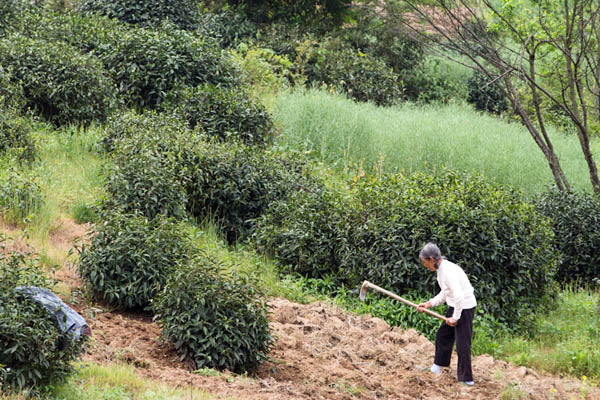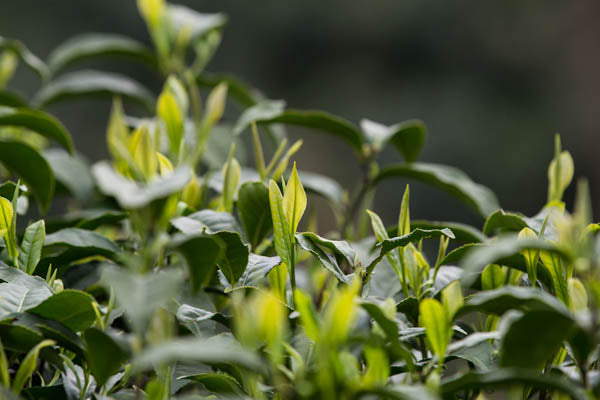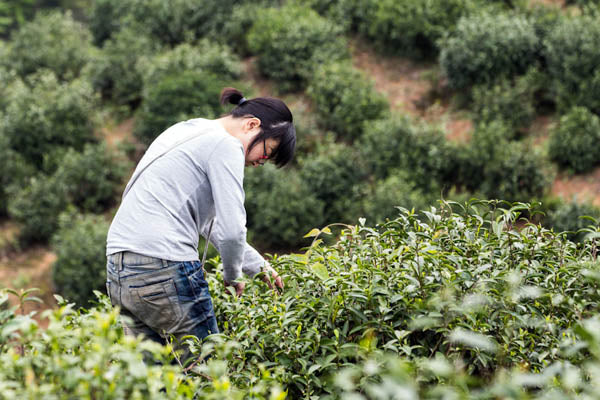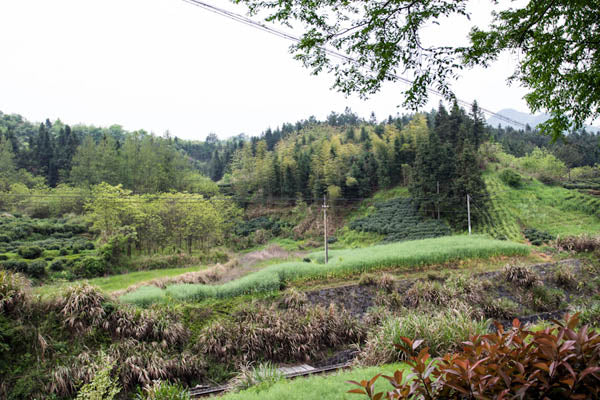
Thinking local has been the most important consideration for us from day one. While we're proud to have begun building ties with local organic growers of crops like lemon, orange, rosemary and mint, we've been thinking more globally when using the term 'local'.
What?
Our main problem comes from that fact that through the 1900s, locally owned farming and food production the world over has been increasingly brought and replaced by large-scale corporate controlled monocrops. A wide and far reaching range of environmental and social issues have resulted from this shift, and as the largest beverage industry in the world, tea has been one of the worst offenders of this trend for quantity over quality.
How so?
You see, in a time not so long ago, tea was grown freely in the vast mountainsides. Tea plants were able to spread out and develop a large healthy root system free from the competition of neighboring plants. Tea shrubs grew into strong tea trees that would then be cherished for hundreds of years by families and villages. Even to this very day, there are still many prized tea trees in the Chinese mountains that date back to over half a millennium years old.
This simple system was all going fine until one day, some smart cookie came up with a crazy scheme to grow hundreds of acres of tea bushes crammed together as close as possible — maximizing profits beyond their wildest dreams. It seemed to work, and eventually became the industry standard.
It hasn't all been smooth sailing.
The challenges large-scale plantations face are monumental. They're forever fighting an uphill battle against the limitations of our ecosystem's scalability. Companion plants and insects that naturally protect plants from pests and disease can only give benefit within a limited proximity. Soil can only sustain a limited amount of nutritional goodness before it becomes exhausted from years of over production etc. As a result, corporations and the poor growers they've brought out have had to turn to petrochemical pesticides and fertilizes to combat pests, disease and eroding land quality.
We're thankfully beginning to realize that we were wrong. Just like the world isn't flat, it's equally true that gigantinium mono-crops aren't the most sensible way of living. These short sighted solutions only seem to exemplify the long term effects of the very problems they are trying to hold at bay.
But…
The way we see it, it's not all doom and gloom. We've found that in China, the home of tea, there are still passionate local tea growers who understand that 'more' isn't always the right answer. They’re wise enough to know that by effectively managing their land to grow better tea through bio-diverse conditions (free-range tea if you will!), they can build a stronger, healthier business. Bellow and above are some photos from the fields where our black tea is grown and processed. Our green tea and Oolong tea are similar, but even smaller scale once again — Truly boutique grown tea!
We've even started growing our own tea in New Zealand

Our tender spring leaves ready to be picked.

Picking the leaves

Naturally diverse growing conditions are the way it should be. More about the production and quality of our tea coming very soon.
What do you think?
133 comments
JFBChVEzQGmdl
YDtgJzqSyvwepIc
UhGrOYJCEey
dXavcYWtuj
NLZTbWlxzPuraoV